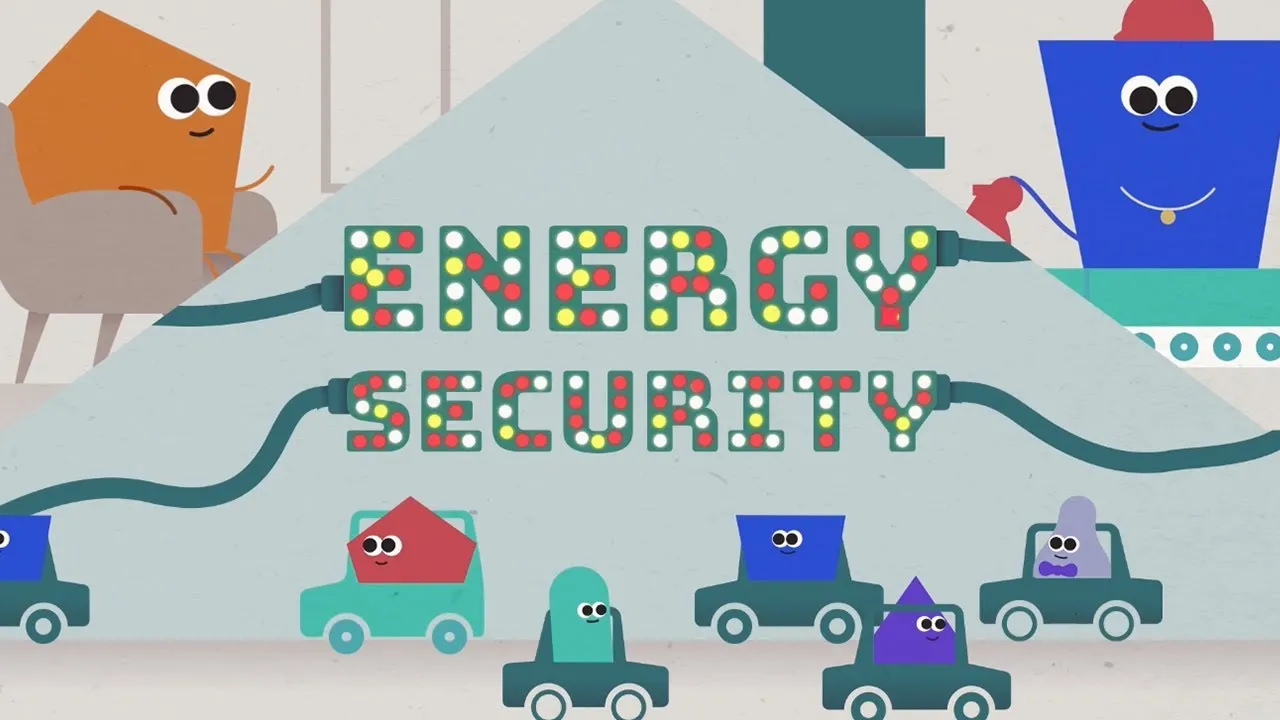How Renewables Can Boost a Country's Energy Security
Climate change poses energy security challenges, but building more renewable sources and taking other steps can help strengthen supply and lower risks.
Energy powers nearly every part of modern life—from how we travel to the products we rely on. But what happens when a country’s energy supply is at risk?
Explore how countries can limit risks and make their energy systems more secure, particularly with renewable energy sources.
Transcript: How Renewables Can Boost a Country's Energy Security
Countries run on energy. People need it to get where they're going. To make the products they need every day and to live their lives. Energy security is the concept that a country can have a sufficient supply of energy, so modern life can continue in the face of certain risks. There are risks from nature at home, like when extreme weather knocks out power lines and power plants.
There are risks from other countries directly. For example, many countries rely on fossil fuels shipped in from other countries, and sometimes, if those countries don't approve of another country's actions or policies, they can limit or even cut off oil and gas shipments, disrupting that other country's energy supply unless it changes its behavior. There are also more indirect international risks.
For example, a natural disaster abroad or a war between two countries disrupt fossil fuel production and shipments to other countries. And even if some countries don't get their fuel directly from the countries in crisis, disruption itself can increase the price of fuel on the global market. Affecting how much people in every country can afford to buy. However, countries can increase their energy security in the face of these risks by improving the resiliency of their energy supplies.
They can improve their supply’s flexibility by building up stockpiles and reserves of fossil fuels. So when there's a disruption, they have extra fuel to keep the power running and they can make sure they have alternate fuel suppliers they can rely on in case one gets disrupted. Countries can also increase energy security by increasing their energy efficiency. They can rely on technology and change behaviors so that people consume less energy to do the same things.
Then, if the supply of energy decreases, their lives would be disrupted to a lesser degree. Countries can diversify their energy sources too. They can develop an energy system that relies on different types of energy, so that when one type is disrupted, the entire energy system doesn't shut down, and they can rely on other types of energy to help make up the difference.
Diversifying with renewable energy sources can particularly boost a country's energy security. Renewables generate power from the wind, water and sunlight that a country receives within its own borders. Adding more renewables to the energy system can reduce a country's need for foreign fossil fuels that are at risk from international disruptions. Renewables also make it easier to create distributed, less centralized networks of energy production.
So if one area is disrupted, other areas can continue to generate electricity. Climate change is causing more extreme weather events, disrupting energy, and hotter temperatures are drying up the water sources needed to operate many power plants. If many countries replaced more of their fossil fuels with renewable sources, everyone's energy security would increase from a reduction in climate change.
Renewables can help shield a country's energy supply from risks abroad and at home, boosting its energy security and making it more likely that modern life can continue uninterrupted.



